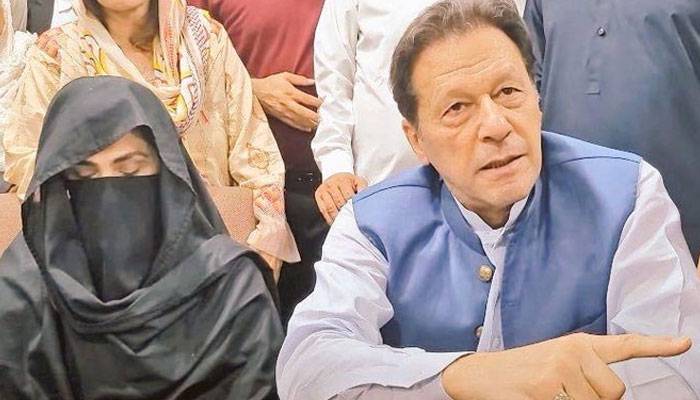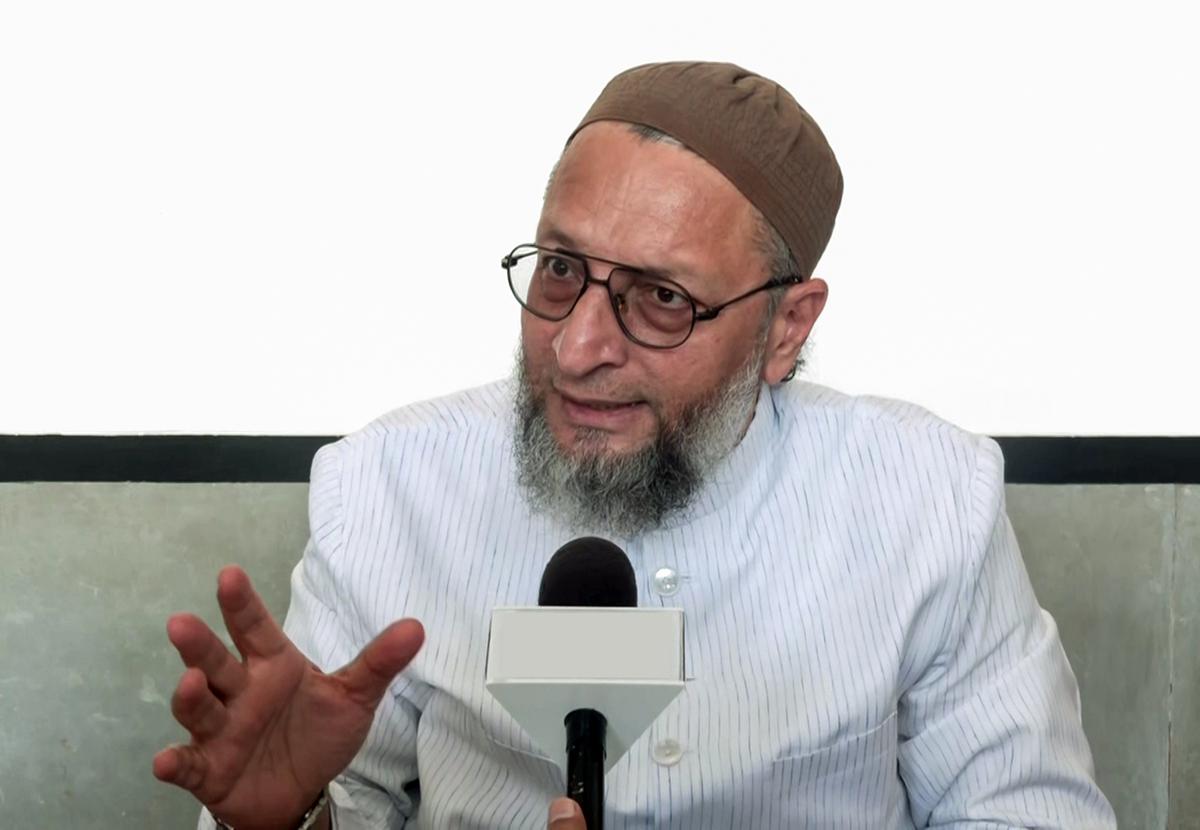Air quality in Delhi inches closer to 'severe' category
Wed 15 Nov 2023, 13:37:28
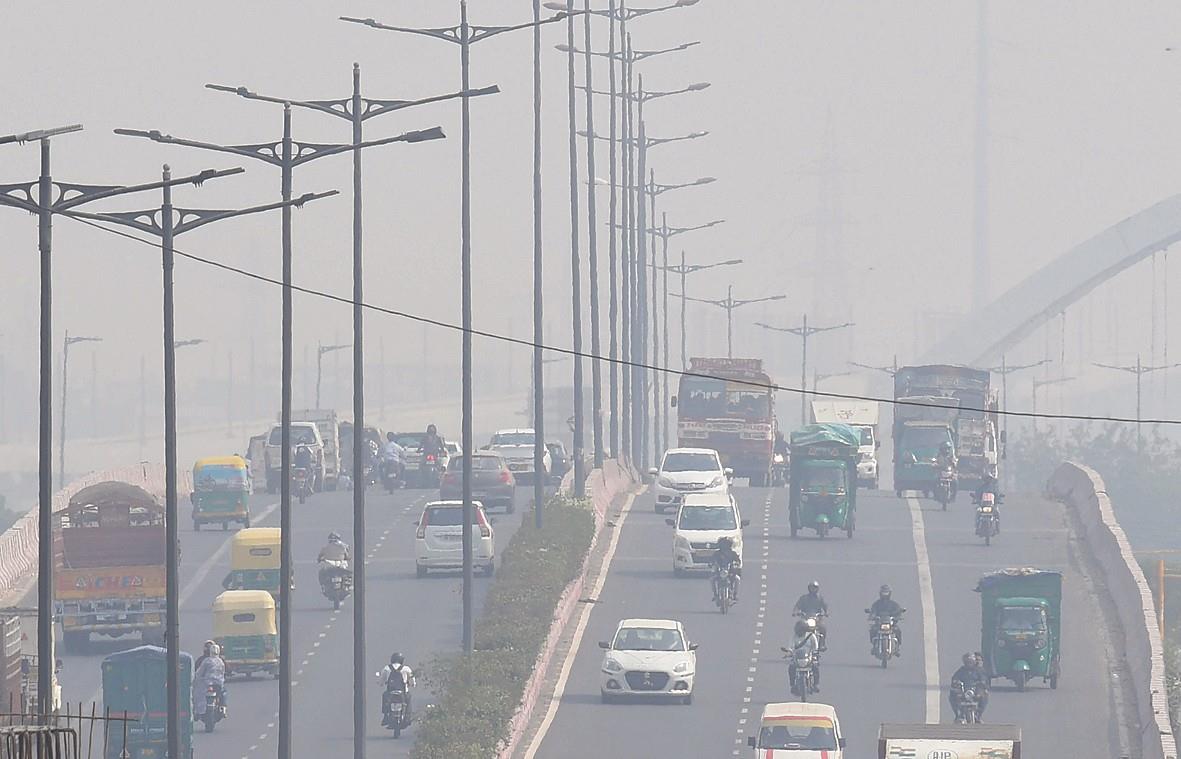
New Delhi: The poisonous haze blanketing Delhi thickened on Wednesday with the air quality standing close to the "severe" category amid unfavourable meteorological conditions.
The national capital's Air Quality Index (AQI) stood at 392 at 8 am. The 24-hour average AQI, recorded at 4 pm every day, was 397 on Tuesday. It was 358 on Monday and 218 on Sunday.
Air pollution levels entered the severe category (AQI above 400) at many places within the city, including ITO (427), RK Puram (422), Punjabi Bagh (432), IGI Airport (404), Dwarka (416), Patparganj (417), Sonia Vihar (413), Rohini (421), Nehru Nagar (434) and Anand Vihar (430).
Neighbouring Ghaziabad (362), Gurugram (322), Greater Noida (312), Noida (364) and Faridabad (369) also recorded very poor air quality.
An AQI between zero and 50 is considered 'good', 51 and 100 'satisfactory', 101 and 200 'moderate', 201 and 300 'poor', 301 and 400 'very poor', 401 and 450 'severe' and above 450 'severe plus'.
According to IQAir, a Swiss company that specialises in air quality monitoring, Delhi was the most polluted city in the world on Tuesday, followed by Dhaka, Lahore and Mumbai.
According to a system developed by the Pune-based Indian Institute of Tropical Meteorology to identify the contribution of different pollution sources, stubble-burning accounted for 12 per cent of the air pollution in the capital on Tuesday. It is likely to be 14 per cent on Wednesday and six per cent on Thursday.
An official of the Commission for Air Quality Management (CAQM) said stringent
measures, including a ban on construction work and the entry of polluting trucks in the national capital, under the final stage of the central government's air pollution control plan called the Graded Response Action Plan (GRAP) will continue until further orders. "Stubble burning incidents are rising again and the meteorological conditions are not favourable (for dispersion of pollutants). We will review the situation and act accordingly," the official added.
measures, including a ban on construction work and the entry of polluting trucks in the national capital, under the final stage of the central government's air pollution control plan called the Graded Response Action Plan (GRAP) will continue until further orders. "Stubble burning incidents are rising again and the meteorological conditions are not favourable (for dispersion of pollutants). We will review the situation and act accordingly," the official added.
Doctors say breathing in the polluted air of Delhi is equivalent to the harmful effects of smoking approximately 10 cigarettes a day.
Prolonged exposure to high levels of pollution can cause or exacerbate respiratory problems such as asthma, bronchitis and chronic obstructive pulmonary disease (COPD) and dramatically raise the risk of cardiovascular disease, they said.
Unfavourable meteorological conditions, combined with vehicular emissions, paddy-straw burning, firecrackers and other local pollution sources, contribute to hazardous air quality levels in Delhi-NCR during winters.
According to a Delhi Pollution Control Committee (DPCC) analysis, the city experiences peak pollution from November 1 to 15, when the number of stubble-burning incidents in Punjab and Haryana increases.
Delhi's air quality ranks among the worst in the world's capital cities.
According to a report compiled by the Energy Policy Institute at the University of Chicago (EPIC) in August, air pollution is shortening lives by almost 12 years in Delhi.
No Comments For This Post, Be first to write a Comment.
Most viewed from National
Most viewed from World
AIMIM News
Asaduddin Owaisi questions PM Modi's China policy
Jan 08, 2025
Owaisi slams UP over police post near Sambhal mosque
Dec 31, 2024
Owaisi hails SC order on Places of Worship Act
Dec 13, 2024
AAP Corporator Tahir Hussain joins AIMIM party
Dec 11, 2024
Latest Urdu News
Most Viewed
May 26, 2020
Which political party will win the Delhi Assembly polls to be held on Feb 5?
Latest Videos View All
Like Us
Home
About Us
Advertise With Us
All Polls
Epaper Archives
Privacy Policy
Contact Us
Download Etemaad App
© 2025 Etemaad Daily News, All Rights Reserved.

.jpg)
.jpg)
.jpg)
.jpg)
.jpg)
.jpg)
.jpg)
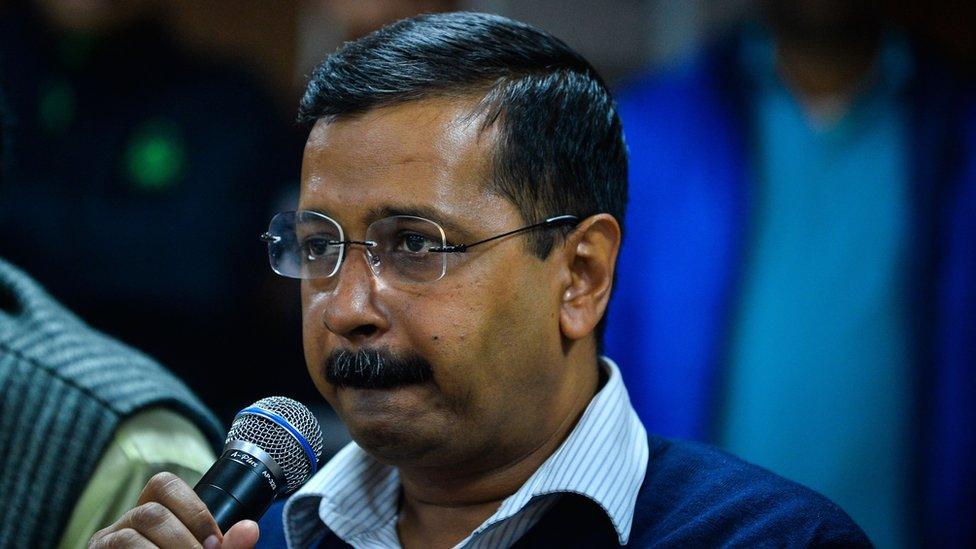
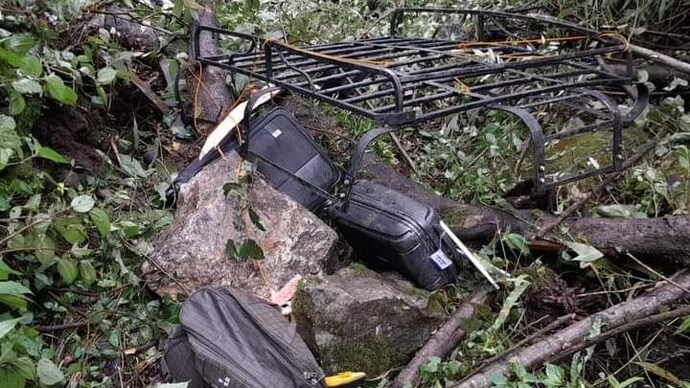
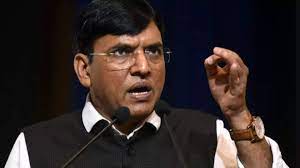
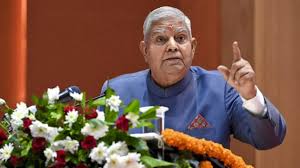
.jpg)
.jpg)
.jpg)
.jpg)
.jpg)
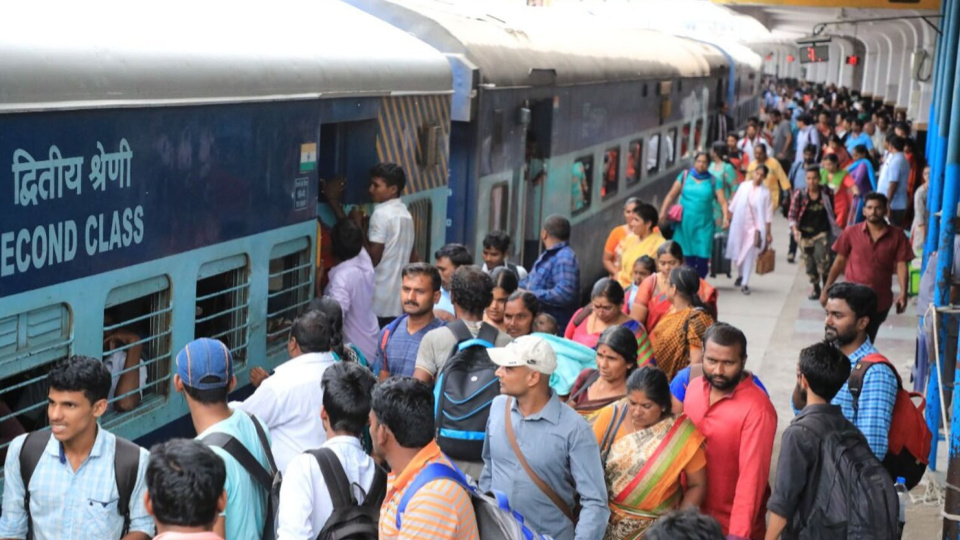
.jpg)
.jpg)
.jpg)
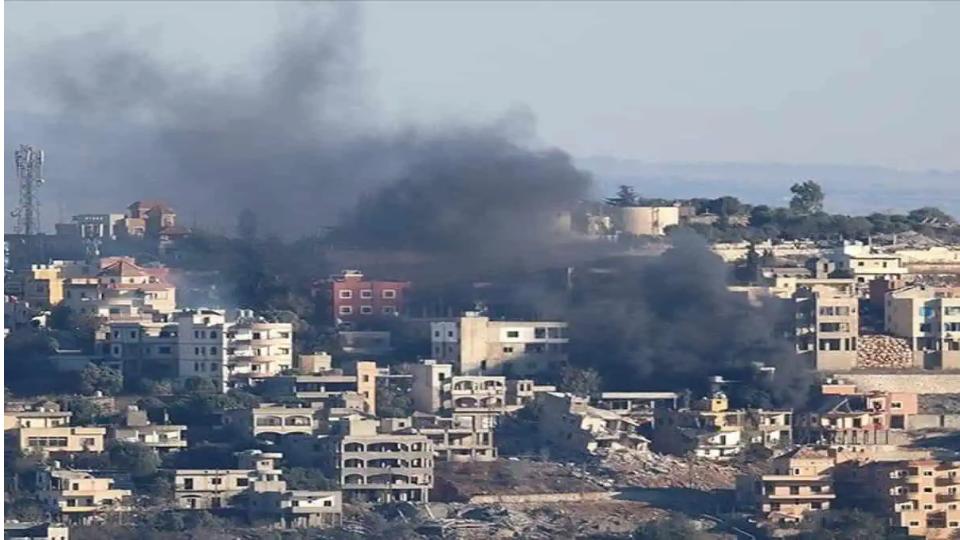
.jpg)
